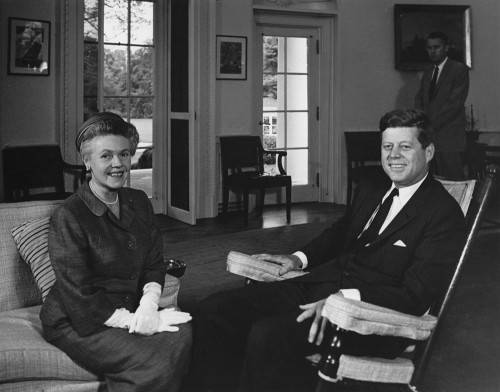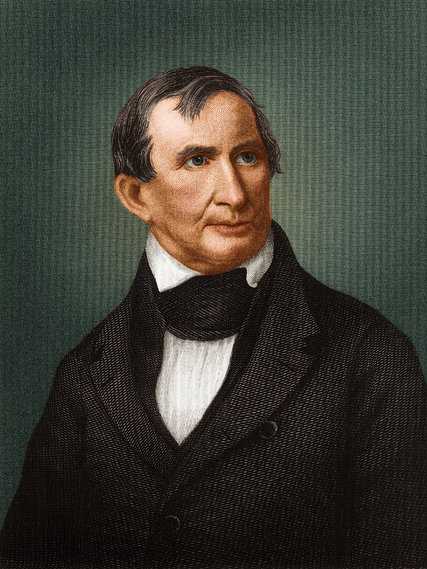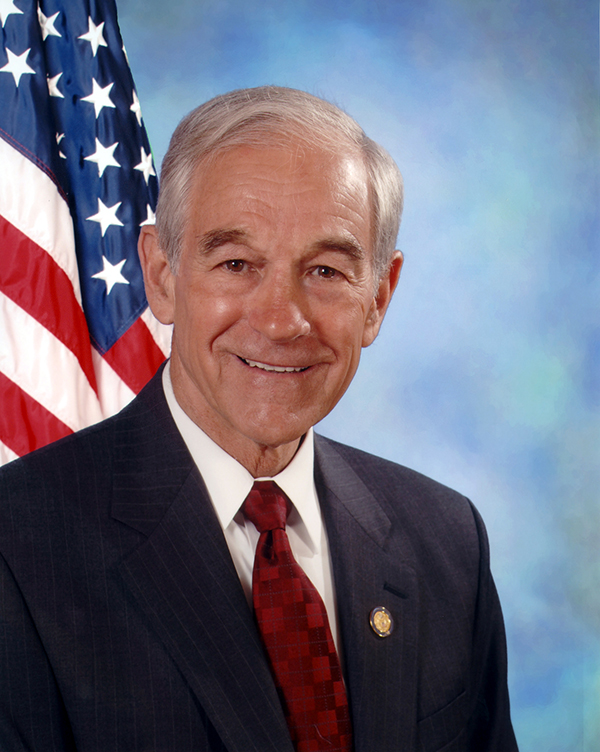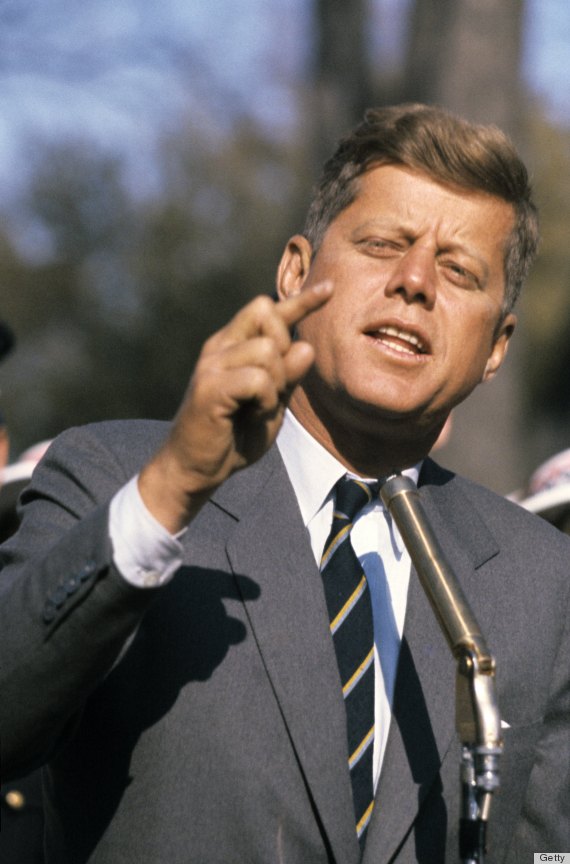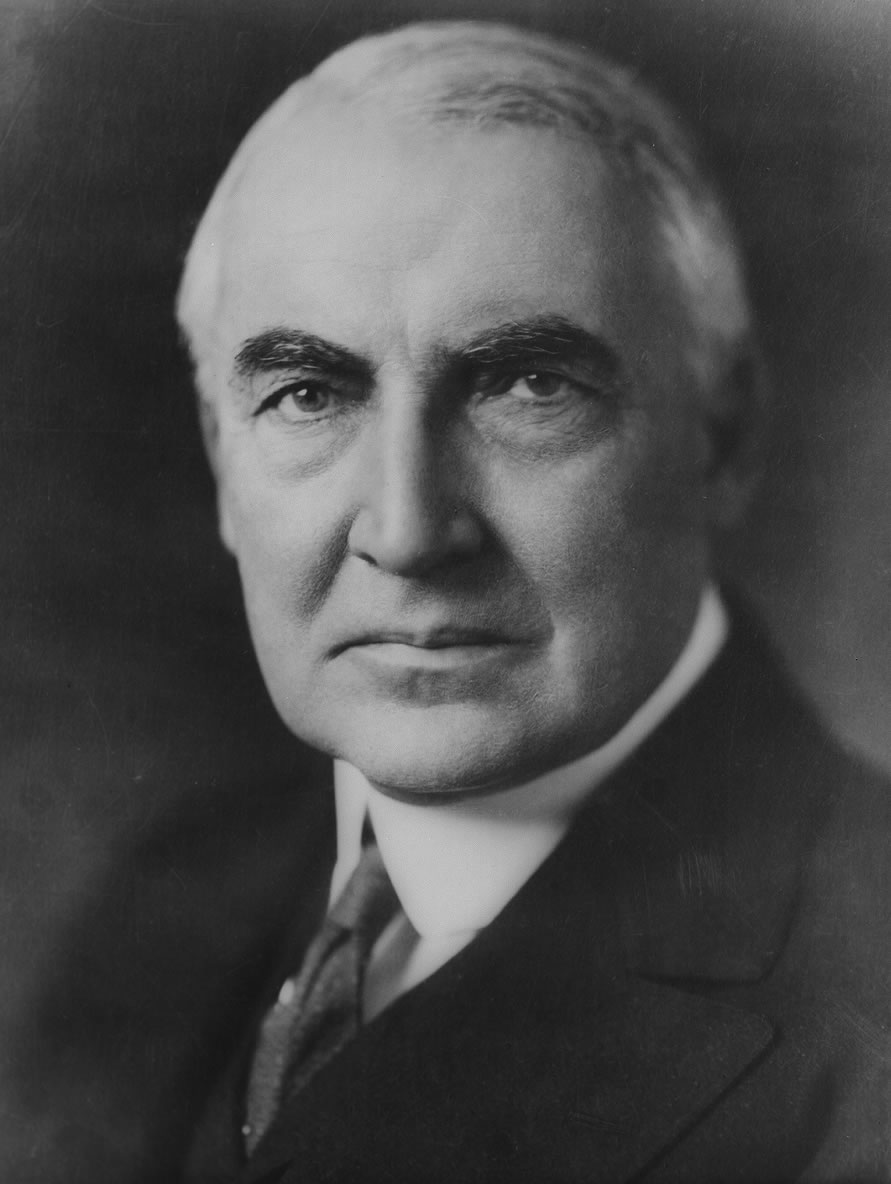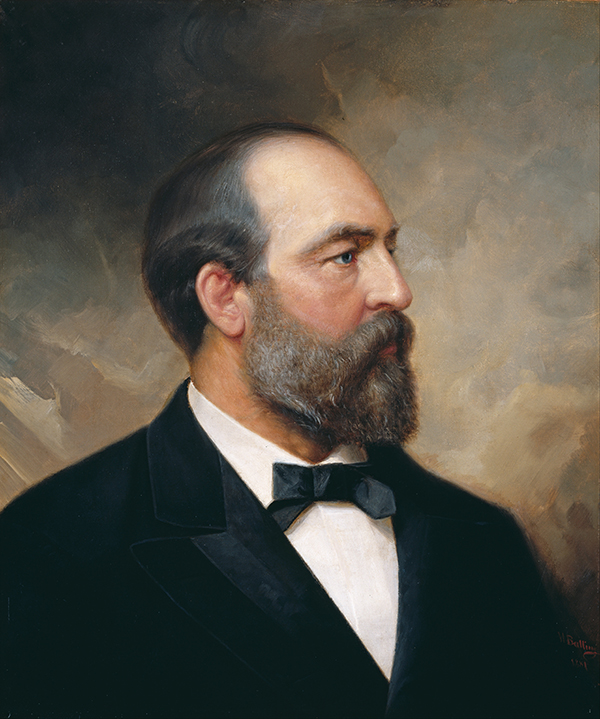President’s Day and Doctors
Doctors and The President have always had an interesting relationship. Each president, like all of you, has sought a physicians help while in office – clear back to the 1800’s when President George Washington had a boil on his hip lanced; so, there is usually a “first doctor.”
President J. F. Kennedy appointed the first female presidential physician
Additionally, there is also the Surgeon General appointed by the president and two presidents have died from problems either not correctly diagnosed or caused by the presidents doctor. And, several physicians have run for president.
In honor of President’s Day let’s see if you’ve been paying attention in your history classes and know which president actually studied medicine, which doctors have run for the presidency and which presidents died as a result of either mis-diagnosis or malpractice by the president’s doctor.
Which US president studied medicine?
As yet, no US president has held a degree in medicine; however, President William Henry Harrison entered medical school at the University of Pennsylvania and studied until his father died and left the family without the funds to be able to continue his education. He volunteered for the US Army at 18 years of age and was able to begin a political career 8 years later.
He ran for president in 1836 when he was 63 but didn’t succeed in the bid. We was successful the next time around in 1840 but died of complications of pneumonia only 32 days after taking office. Tragically, that made him have the shortest presidency on US record.
Who is the first physician in modern times to run for US president?
The first modern physician to run for president was an Obstetrician/Gynecologist, Ron Paul, who ran for president in 1988 as the candidate of the Libertarian Party. In 2008 and 2012 he unsuccessfully sought the Republican nomination. His son, Rand Paul, an Ophthalmologist, entered the race for president in 2016 but dropped out.
Dr. Ben Carson, a neurosurgeon, is still campaigning for the Republican nomination (Feb, 2016). And the Family Practitioner, Howard Dean, also the only Democrat in the group, sought the Democratic nomination for president in 2004.
Dr. Jill Stein, and internist, ran for president in 2012 on the Green Party ticket.
Which president named the first woman to the office of Chief Physician (president’s doctor) to the US President?
NO, it wasn’t Clinton who named the first woman to the office of Chief Physician, as the majority of responders to this mini-physician poll I took have been responding, it was the president of my youth – John Fitzgerald Kennedy.
And NO, it wasn’t because he was trying to be altruistic toward women or make any point, it was purely for practical reasons: She was an internist and professor of clinical pharmacology at Cornell University Medical College and a prominent researcher in the management of muscular pain – a problem which troubled the president from his youth.
Janet Graeme Travell M.D. (seen with JFK above), was able to help the president with his ruptured disc which caused him chronic back pain. She helped him correct his uneven gait which aggravated the pain as well as conducting studies which led to new designs for airplane seats ahd chairs for telephone switchboard operators.
Which president named a homeopathic practitioner to be his personal physician?
President Warren Harding’s father was a ‘homeopathic physician’ when he took office. The president appointed Charles Sawyer, his father’s friend and also a homeopath, as his ‘president’s doctor’.
Unfortunately, the specialties tendency to minimize symptoms and pharmaceutical efficacy, led to the misinterpretation of the presidents increasing shortness of breath, chest pains and easy exhaustion as “food poisoning” instead of the heart attack that it really was and which did kill him.
Which president’s death has been characterized as an assassination by some and as the result of medical malpractice by others?
After a mere four months in office, President James Garfield was shot twice by Charles Guiteau in 1881. One bullet went through his body and exited out the other side. The second bullet remained in the presidents chest.
Before even transporting him to a hospital, a dozen doctors or more repeatedly inserted their fingers and instruments into the wounds. Miraculously, the president survived the shooting and lived for 80 days before dying of infection and blood poisoning.
One may want to assume that it was before the age of anti-sepsis and hand-washing but the assassin used as his first defense: “Yes, I shot him, but his doctors killed him.” So, he and his lawyers knew all about cleanliness even if the doctors hadn’t yet caught on.
Who knows, in these days of paramedics and hand-washing President Garfield most likely would have survived.
So, how did you do? Did you remember any of these events?

